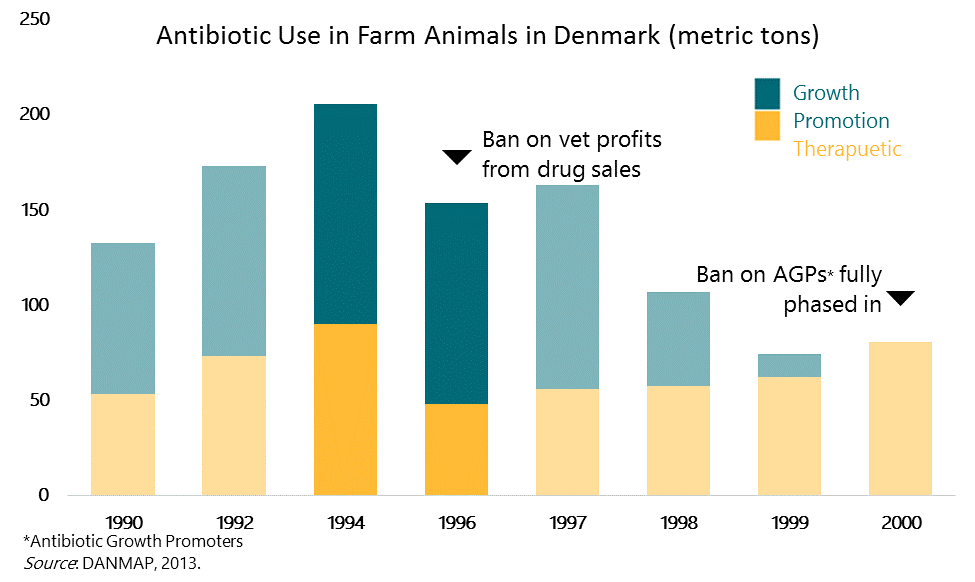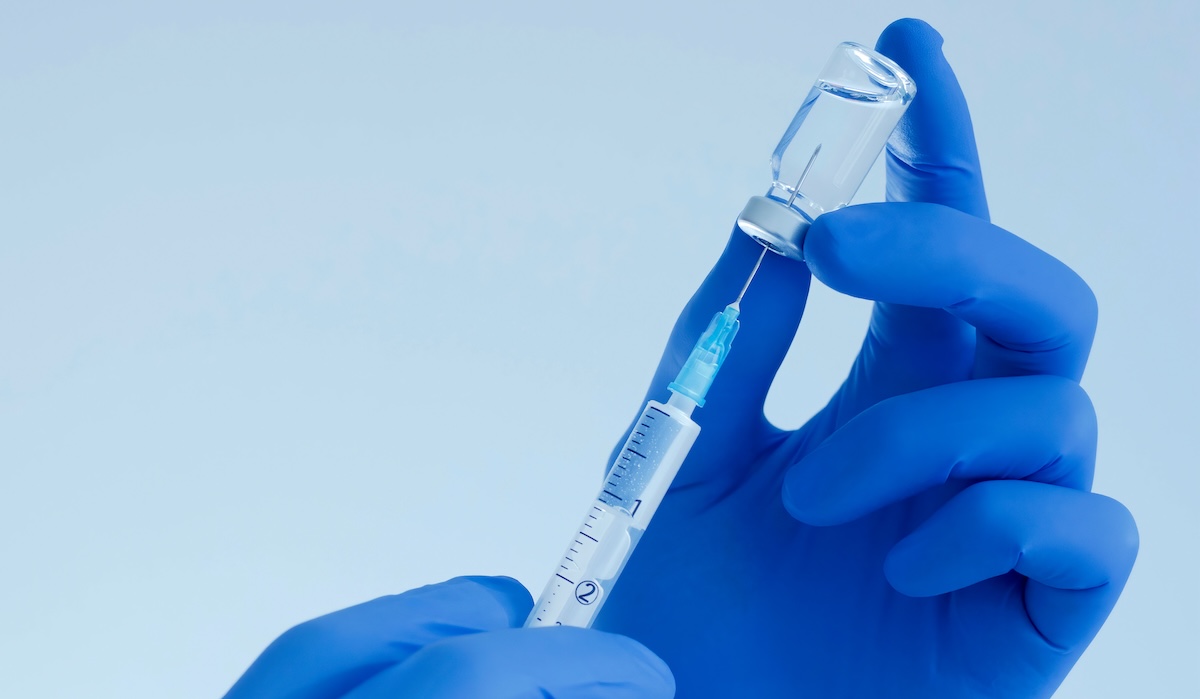A key component of any strategy for combating the global health threat posed by antibiotic resistance, including President Obama's, is to reduce the overuse and misuse of these vital drugs. Thus a big part of tackling the problem involves changing the behavior of doctors who too often prescribe antibiotics to placate worried parents or miserable patients. But American farmers also routinely use huge amounts of antibiotics in food and water to promote growth and prevent disease in farm animals. And, just like human doctors, veterinarians too often have incentives to overprescribe antibiotics.
A Reuters investigation at the end of last year showed that financial ties between veterinarians and drug companies can be extensive. And, unlike with medical doctors, there are few regulations governing veterinarians' relationships with drug companies.
In short, the Food and Drug Administration (FDA)’s plan to reduce antibiotic use in livestock by increasing veterinary oversight, without addressing financial incentives to overprescribe, is flawed. I've discussed this challenge previously here. But a picture really can be worth a thousand words.
The Danish government has been one of the most aggressive in trying to reduce the excessive use of antibiotics in livestock. And the first thing Danish regulators did, several years before banning the use of antibiotic growth promoters, was prohibit veterinarians from profiting from drug sales to farmers. As shown in the chart, the effect was immediate and dramatic.
The FDA has taken a useful first step by getting the drug companies to remove growth promotion as an approved use on their drug labels. But the FDA plan still allows farmers to use antibiotics for disease prevention (in addition to treatment) and it is relying on increased veterinary oversight to ensure appropriate use. The Danish experience suggests that the results will be disappointing without additional steps to align veterinarians’ incentives with public health goals.
Senators Dianne Feinstein (D-CA) and Susan Collins (R-ME) recently reintroduced legislation to reinforce efforts to rein in the use of medically important antibiotics in livestock. Representative Louise Slaughter (D-NY) is planning to reintroduce similar legislation in the House soon. But these bills also look to veterinarians to help oversee the use of antibiotics in livestock. To ensure that the new livestock policies are effective, Congress should also address the perverse incentives that veterinarians face.
CGD blog posts reflect the views of the authors, drawing on prior research and experience in their areas of expertise.
CGD is a nonpartisan, independent organization and does not take institutional positions.






